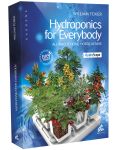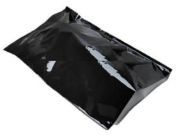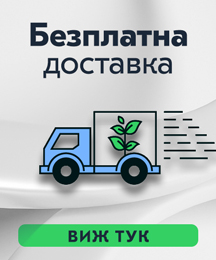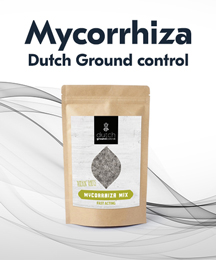Reversed Osmosis
Reverse osmosis is a process that uses a semi-permeable membrane to separate water into two solutions with different concentrations of dissolved substances. In this process, water with a high concentration of dissolved substances (such as salts, minerals, and other pollutants) passes through the membrane to an area with a lower concentration of dissolved substances. This occurs under the influence of osmotic pressure, which forces the water to pass through the membrane, leaving the dissolved substances aside. This results in purified water, which can be used for various purposes, such as drinking or various production processes. The process of reverse osmosis requires special equipment, including reverse osmosis systems and membranes, which ensure the efficiency and quality of water purification.

 New products
New products 


































































 Presents
Presents
















































